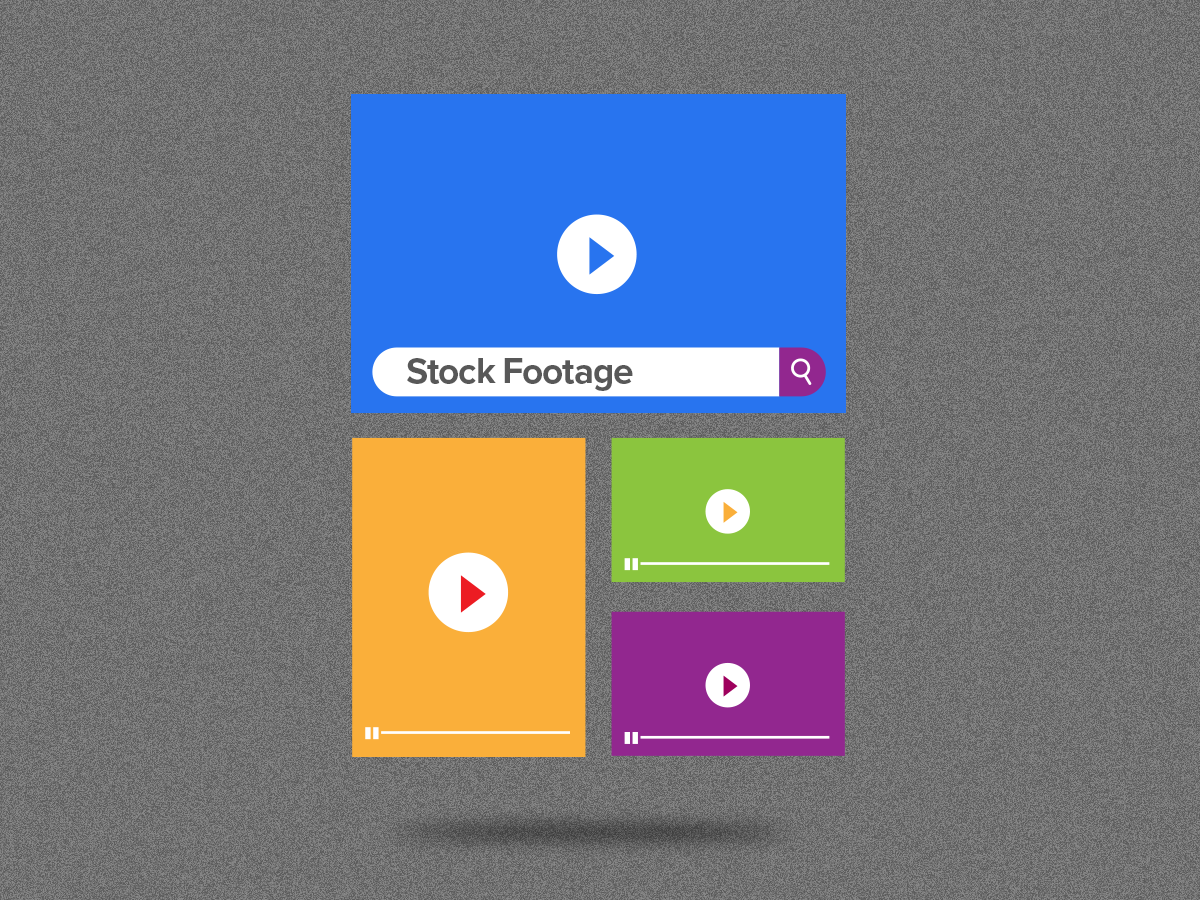
Video streaming platforms such as Amazon Prime Video, Netflix, Hotstar and Zee5 are driving demand for stock footage amid shooting constraints due to the nationwide lockdown, companies and industry executives said.
Stock footage refers to movie or video snippets that can be re-used in new productions when shooting material is not available or filmed afresh.
Since stay-at-home orders to stem the spread of the Covid-19 virus outbreak brought all film-shooting schedules to a halt, global stock footage sellers like Getty Images and Shutterstock have seen a spike in demand from India over the last three months.
The demand has been largely driven by streaming sites serving an audience eager to binge-watch content including web series, films and documentaries.
Over-the-top (OTT) platforms contributed to 70% of the increased demand, while the rest of the enquiries came from brands actively advertising through the lockdown period.

Stock & Found, a Reliance Entertainment company that is the “enterprise business partner” of Shutterstock in India, sold three times the footage during the lockdown than it would have under normal circumstances.
For Avinash Malani, founder of The Ad Footage Company, the licensed reseller for Depositphotos and Dreamstime in India, business jumped 150% in the last three months compared to the same period last year.
Homegrown companies, like Imagesbazaar, Picxy, and resellers for other global companies such as Pond5 and Alamy, are also catering to the unusual rise in demand from the media and entertainment industry.
“Some of the editorial footage around the pandemic is priced at over Rs 1 lakh right now,” Malani told ET.
The spike in demand is unprecedented, Malani said, because March to June is traditionally a slow period. “It was considered an exams season, so no big-budget projects would be underway earlier,” he said.
Last week, he finished three projects for OTT channels, including a Hindi feature film whose lead actress recently tweeted that it would premiere worldwide on a popular streaming platform.
“With no timeframe for shooting, stock footage comes in as a quicker, smarter, and safer way of creating transition or establishing shots,” said Aparna Acharekar, programming head at OTT channel ZEE5.
Amazon Prime and MX Player did not share inputs for the story despite requests. MX Player is owned by Times Internet, part of the Times group that also publishes this newspaper.
Location shots – both foreign and domestic – to establish the whereabouts of a story, shots of historical events for period films or web series, and editorial content related to news-related developments from the past, are in high demand right now.
Web series for streaming platforms are more likely to repeat the use of establishment and transition shots across various episodes, compared to feature films.
While using stock footage is a well-established process in the West, it is quite a nascent market in India, Malani said.
“In western countries, shooting is more expensive than procuring stock footage as it requires taking several permissions. In India, however, shooting was always cheaper than buying stock footage. Until now,” he added.
Although Maharashtra allowed shooting projects to resume earlier this week, the demand for stock footage and readymade content will increase further in the coming months, said Nitin Lakhotia, SVP at Reliance Entertainment.
“We are expecting an overall high double-digit percentage gain in revenue by the end of this year,” he said.

Shooting possibilities will be greatly affected by restrictions and safety concerns even after the lockdown is lifted fully, so even people who did not use archive footage earlier might need it now, said Dhruv Pathak, an assistant director in the Hindi film industry.
In the last two months, Pathak used a fair bit of file footage for a film that has yet to be released. “This was the first time I worked on stock footage,” Pathak said.
Will this change the way screenwriters write their scripts?
Pathak does not think so.
It could pave the way for more stories to be set indoors, he said, especially for OTT platforms. “But scripts can be altered later depending on the circumstances. I don’t think any writer should look at boundaries.”
Corrigendum: An earlier version of this article stated Avinash Malani as the reseller of Getty Images in India due to a miscommunication. He is not. We regret the error.
Leave a Reply